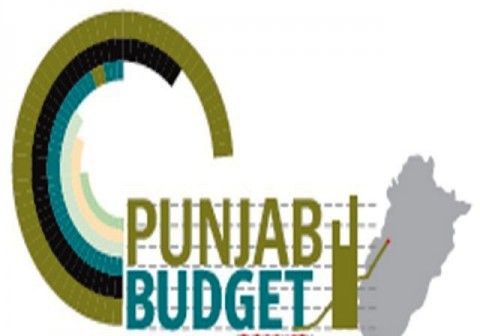
LAHORE: Finance Minister Punjab Makhdoom Hashim Jawan Bukht said that social sector focus budget would be made in which health, education, clean drinking water and green Pakistan projects would be given priority.
Addressing a pre-budget seminar organized by Punjab Revenue Authority (PRA) here on Thursday, he said, the PTI believed in keeping the stakeholders on board and they were a backbone of any policy.
He mentioned the Punjab government was revisiting the health insurance scheme as out of two million insurance holders only 40,000 were benefited while the government had paid the full premium.
Furthermore, the number of companies was made but not a single drop of clean drinking water was produced instead concrete net of spread in the cities which also affected the groundwater.
The minister said that stakeholders were the backbone of tax policies and without developing their trust we cannot move forward.
He said the government respect the valuable input of the stakeholders in finalizing the upcoming finance bill. It aims to reduce the tax burden on the people and make Punjab a self-sufficient Province by mobilization of revenue through progressive economic growth, he said.
It also plans to move to a negative list on sales tax on services in order to simplify understanding and compliance of the law, he added.
The minister went on to say, the government wants to facilitate the compliant taxpayers by simplifying taxpaying methods by introducing a business model where the public does not need to visit government offices and get their rights at their doorsteps.
He said that he seeks to take effective measures to bring the undocumented sector of the economy within the tax net with the help of stakeholders.
The minister laid stress on increasing reliance on provincial indigenous resources instead of the federal divisible pool.
He termed that dependence on federal divisible pool affects the planning and executions of the projects. He stressed on the collective budget policymaking and said the government would continue such seminars with the stakeholders in the future policymaking too.
Former finance minister Dr Hafeez Pasha criticized the former PML-N Punjab government on manoeuvring the budget numbers and hoped that the PTI led government would not follow this practice.
Furthermore, he mentioned that in the last year Rs 406 billion were spent from the ADP outlay against the fixed of Rs 635 billion. Additionally, he suggested the PTI led Punjab government should not exceed it ADP outlay to Rs 350 billion.
Dr Hafeez Pasha appreciated the PRA performance stating that it doubled the revenue collection in just a four-year period while only last financial year growth was 19 percent which was above than the FBR revenue growth despite the PRA missed the revenue collection target.
On non-tax revenue side, he criticized the performance of the Punjab government mentioning that it was reduced to Rs 62 billion from Rs 71 billion during the five years.
He insisted on increasing the Abyana rates in Punjab for the water preservation.
In his address, Chairperson PRA, Javed Ahmed said that during the last financial year PRA had crossed Rs 100 billion revenue mark first time and collected almost Rs 110 billion in revenue.
Now the PRA has been working in broadening of the tax base and taxable services are expected to increase from 62 to 80 in the upcoming budget proposal.
He further said that PRA would be increasing its tax base by following a progressive approach and it is hoped that by following this policy the number of registered taxpayers shall exceed 100,000 by the year 2025.
Furthermore, the PRA has also been working on plans for introducing new projects like Pre-Populated returns and Blue Sky Thinking in the near future.
He said that the purpose of the seminar to bring all the stakeholders on one platform in order to share views before finalizing the budget.
During the seminar, some reservations and apprehensions were raised and discussed paving the ground for the formulation of a consensus-oriented and progressive budget.




















